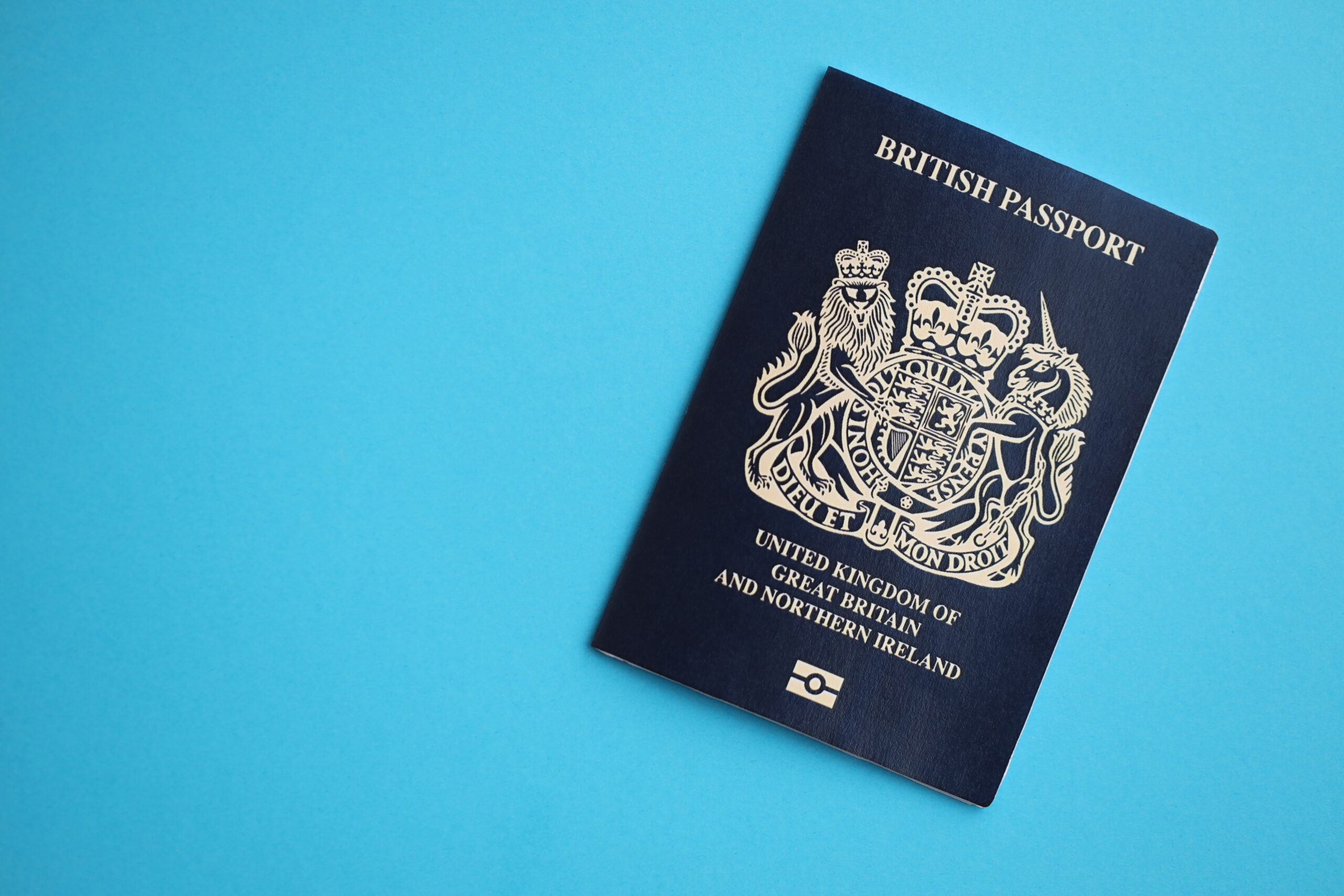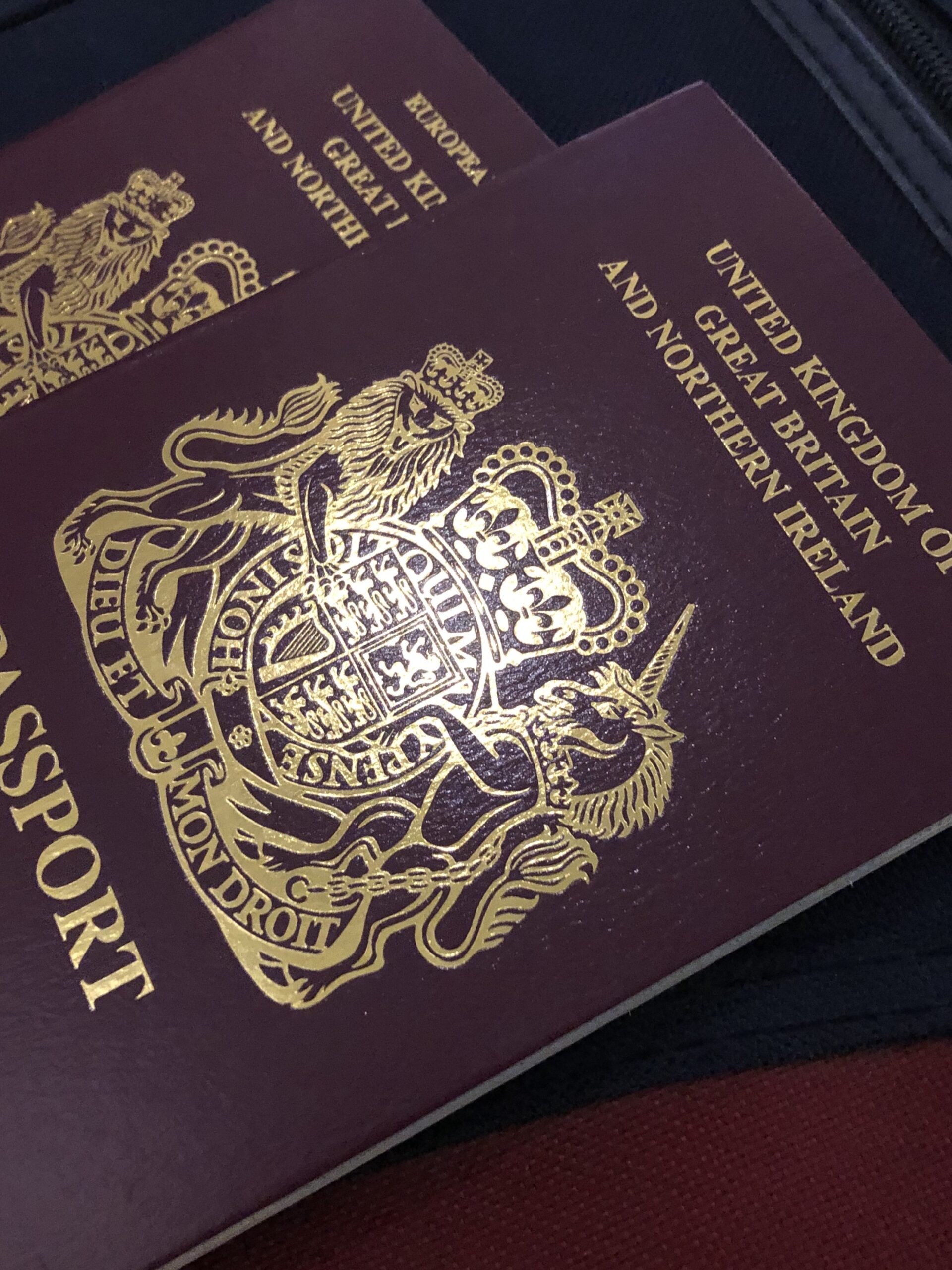Global Talent Visa or Innovator Founder Visa — the very phrase sparks a choice that goes beyond paperwork and policy. It’s about deciding the future path of your career, creativity, or entrepreneurial ambition in the UK. For many, the two routes symbolise different dreams: one shaped by personal recognition and achievement, the other by building something new and transformative. Choosing between them is less about ticking boxes and more about reflecting on what you want your time in the UK to look like, the kind of risks you’re willing to take, and the rewards that matter most to you.
This comparison isn’t just a dry checklist; it’s a way of holding up a mirror to your own aspirations. Do you want to thrive on recognition for your talent and contribution, or do you want to channel your energy into building and scaling a venture from the ground up? Both visas speak to ambition, but in very different languages. That’s why the question of global talent vs innovator visa UK isn’t one-size-fits-all—it’s about where you see your own story unfolding.
What Are Each of These Visas?
Global Talent Visa
- The Global Talent Visa is aimed at individuals who are leaders or potential leaders in academia or research, arts and culture, or digital technology.
- You can apply either via endorsement (from a recognised endorsing body) or, in some cases, without endorsement if you have won a prestigious prize listed by GOV.UK.
- It allows holders to live in the UK for up to 5 years at a time, extend their visa, and potentially gain indefinite leave to remain depending on the field and route (some fields allow ILR in 3 years, others in 5)
Innovator Founder Visa
- The Innovator Founder Visa is for entrepreneurs who want to set up and run an innovative, viable, and scalable business in the UK.
- Your business idea must be endorsed by an approved endorsing body; the business must be new (or non-trading), viable, and able to scale (e.g., through job creation or entering national/international markets).
- Innovator Founder visa holders get permission for 3 years initially, with extensions possible (another 3 years) and an ability to apply for settlement (Indefinite Leave to Remain) after 3 years, if criteria are met.
Key Eligibility Differences
Here are the main points of divergence under the 2025 rules:
| Feature | Global Talent Visa | Innovator Founder Visa |
| Primary Intent / Focus | Excellence or promise in science, research, arts, culture, and digital tech. Emphasis on individual achievement. | Entrepreneurship: building a business that is innovative, viable, and scalable. Emphasis on business plan, growth potential. |
| Endorsement Requirement | Endorsement by approved endorsing bodies, unless the applicant has an eligible prestigious prize. | Always requires endorsement by an approved endorsing body. |
| Business / Investment Obligations | Not required to establish a business; job offer not required; free to work in the field, including in multiple roles, research, etc. | Must run a business; business must be new/innovative/viable/scalable. Significant involvement in business operations. No fixed large sum investment required, but must show viability. |
| Duration | Up to 5 years, with extensions. ILR after 3 or 5 years, depending on the field. | 3 years initial stay, with the possibility to extend. ILR after 3 years if business meets requirements. |
| Maintenance / Financial Requirements | Generally lower maintenance requirements; depends on route. For some Global Talent applicants, you need to show you can support yourself. | Must show personal funds: e.g., proof of having sufficient funds to support yourself (for example, holding a minimum amount in a bank account) and proving business viability. |
Benefits Comparison
Here is what you get with each visa, and which situations favour one over the other.
| Benefit | Global Talent Visa | Innovator Founder Visa |
| Flexibility of work | Very high: you don’t need a job offer or job sponsorship; you can change roles, work for multiple employers, engage in research, academic roles, freelance, etc. | More constrained: you’re expected to run your endorsed business as your primary activity. You may be allowed secondary employment, but only under certain conditions (e.g. role requiring a qualification level). |
| Route to Settlement / ILR | Faster for some fields: those in arts, culture, or science may qualify after 3 years, depending on endorsement. Others may need 5 years. | Also allows settlement after 3 years if the business is successful and you meet the endorsing body / Home Office criteria. |
| No investment threshold | Generally, none are required apart from the endorsement process; you don’t need to invest capital. | There is no minimum fixed investment as of the current Innovator Founder rules (which replaced the earlier Innovator Visa and Start-up requirements), though you must show funding to operate the business. |
| Dependants | Dependants (partner and children) can join you; they can work or study. | Similarly, dependants are permitted; partner and children under the age limit can join. |
Risks & Challenges
Neither route is risk-free. Here are the potential downsides, especially under the 2025 reforms:
- Endorsement risk: For both visas, your application can fail at the endorsement stage. Global Talent bodies may require strong evidence (awards, publications, recognition), and Innovator Founder bodies will scrutinise business plans, scalability, and novelty. If endorsement is refused, other visa options may be limited.
- Uncertain business outcomes (for Innovator Founder): The requirement to show viability and scale means your business must deliver—job creation, revenues, market presence. If not, the endorsing body might withdraw endorsement; a visa extension or settlement could be at risk.
- Settlement timing depends on performance: Even with the Innovator Founder, ILR after 3 years is possible, but the business must have met milestones. Similarly, for Global Talent, some fields require more years or higher achievement.
- Financial & logistical burden: Innovator Founder requires more ongoing monitoring, reporting to endorsing bodies; possibly larger overheads for running a business. Global Talent might have lower operational burdens, but you still need to maintain status, possibly meet endorsements if switching, or renew.
- Changing policy: Immigration rules evolve. Even though some older visas have closed (Innovator visa, Start-up visa), policies around endorsing bodies, allowed fields, eligibility, funding, etc., can change. Applicants must check the GOV.UK for the latest updates.
What’s New in 2025?
- The Start-up visa and the older Innovator visa have been closed to new applicants, and the Innovator Founder visa is now the main route for entrepreneurial immigration.
- The Innovator Founder route eliminated some of the prior barriers, such as a high fixed minimum investment, under older rules. As of 2025, there is no fixed minimum investment amount required in many cases, though you must show funding appropriate to your business plan.
- Emphasis in Innovator Founder is on a business idea being new, innovative, viable, and scalable, with clearer criteria applied by endorsing bodies.
- For Global Talent Visa, endorsing bodies have been sharpening their evaluation of what counts as “leadership or potential leadership,” especially in research, digital technology, or arts fields. The “prestigious prize” route remains an alternate path for some.
Which Route Might Be Best for Different Profiles?
Here are some general scenarios, indicating which visa might suit you better depending on your goals and situation.
| Profile | Likely Better Route | Reasons |
| You are a researcher/scientist with published work, awards, or a track record in academia, and you want the flexibility of roles | Global Talent | Because you may qualify via endorsement or prize, you don’t need to run a business, can settle in 3-5 years, and can change roles without needing business management obligations. |
| You have an innovative business idea, want to run your own business, scale it, hire, possibly build a startup or scale-up | Innovator Founder | Because you can build a business, bring partners, dependents, work in your own business, and settle after 3 years if the business is successful. |
| You want minimal risk / less business risk, more stability, and less administrative burden | Global Talent | Fewer requirements to run a company, less oversight from endorsing bodies in everyday business operations. |
| Your business idea is early stage, you’re willing to put in work and risk, believe in your innovation and growth potential | Innovator Founder | If you believe you can meet the criteria (viability, scalability), you might leverage this visa route. |
Practical Considerations & Application Tips
- Always verify whether your endorsing body is approved, and whether the criteria they use align with your profile or business plan. For the Innovator Founder visa, get clarity on what “scalable” means in your sector.
- Have a strong business plan if choosing the Innovator Founder route, with evidence of market analysis, revenue projections, and job creation plans. Endorsing bodies will expect that.
- For Global Talent, assemble evidence: awards, publications, leadership roles, professional recognition. If going via the prize route, ensure your prize is eligible and listed.
- Think about funding and self-support: Innovator Founder visa requires you to demonstrate you can support yourself and your business; Global Talent requires you to show you can sustain living in the UK under your category.
- Plan for dependents, extension, and indefinite leave to remain (ILR) early. Understand what criteria must be met by year 3 (particularly Innovator Founder) to get ILR.
Conclusion!
When weighing up the choice of Global Talent vs Innovator Visa UK, it really comes down to who you are and where your ambitions lie. The Global Talent route speaks to those who want freedom, recognition, and the ability to move fluidly across opportunities without being tied to one business. The Innovator Founder, on the other hand, is for those who thrive on building something tangible, testing ideas in the real world, and taking on the highs and lows of entrepreneurship. Both pathways demand courage, but in different ways—one rooted in proving your standing, the other in proving your venture.
Whichever route you lean towards, the key is clarity: clarity about your goals, your appetite for risk, and the lifestyle you want to create in the UK. And if you want sharper insights, lived perspectives, and ongoing guidance on these choices, be sure to follow Global Talent Mag—your trusted companion for navigating visas, opportunities, and the bigger picture of your journey.




